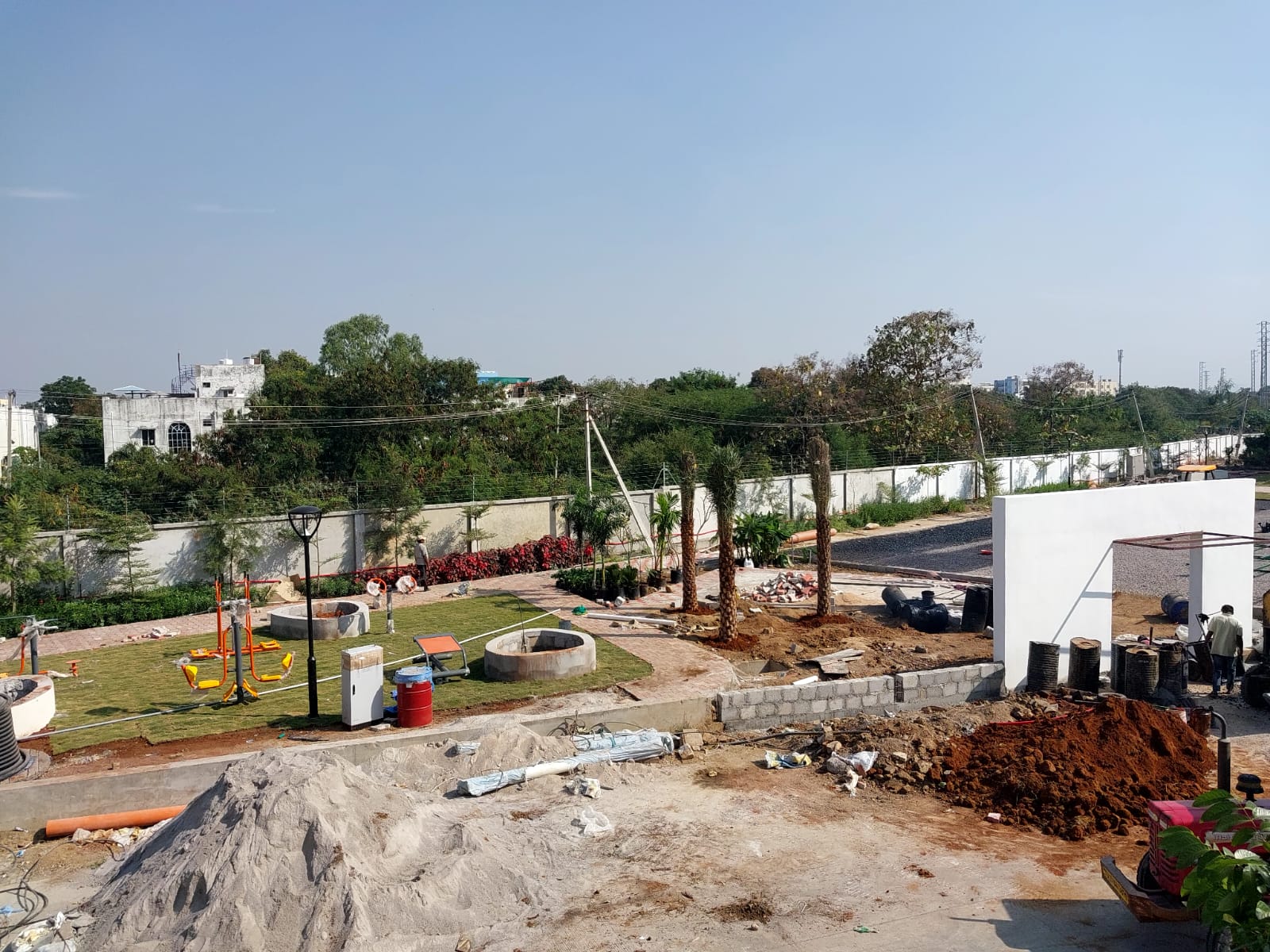Land Irrigation
Land Irrigation
Land irrigation in landscape refers to the strategic application of water to sustainably manage and enhance vegetation in outdoor environments such as gardens, parks, and agricultural fields. It plays a crucial role in maintaining healthy plant growth, especially in regions where natural rainfall may be insufficient or inconsistent.
Efficient irrigation techniques not only ensure adequate water supply but also contribute to water conservation and environmental sustainability. Techniques such as drip irrigation, which delivers water directly to the roots of plants, minimize water wastage and reduce the risk of soil erosion. Additionally, incorporating smart irrigation systems with sensors and timers helps optimize water usage by adjusting irrigation schedules based on weather conditions and plant requirements.
Properly managed land irrigation not only supports plant health and growth but also promotes the overall aesthetics and functionality of landscapes, making them more resilient to varying climatic conditions.

Properly managed land irrigation also has social benefits, creating green spaces that enhance quality of life, provide recreational opportunities, and contribute to community well-being. By balancing the water needs of landscapes with conservation efforts and technological advancements, land irrigation plays a crucial role in sustainable land management and the preservation of natural resources for future generations.




